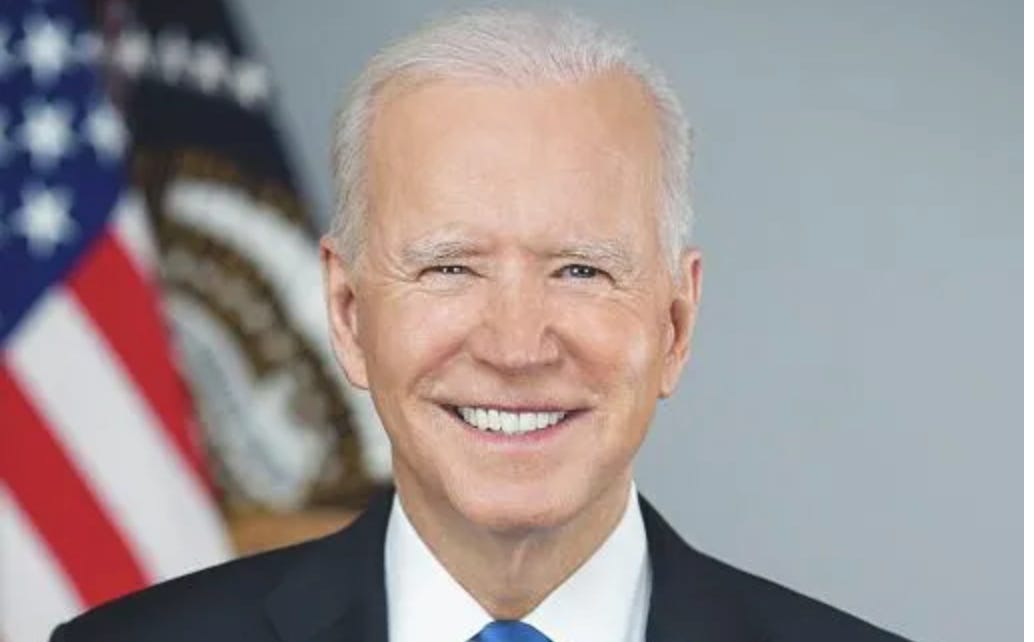What would happen if Joe Biden steps aside?
The nominating process could be reminiscent of a smoke-filled backroom era
The calls for Joe Biden to step aside as the presidential nominee have increased in the past few weeks since his first debate performance.
I had called for him to step aside last year after I had read an incomprehensible speech in which he made a rambling point about not supporting abortion because he was a Catholic. The speech was posted on the White House website, so the document I analyzed came from a reliable source.
At the time of my analysis, an open primary was still possible. My call for Biden to step aside, along with similar points made by other outlets about his other speeches, underscored the importance of a thorough vetting process. However, Democratic leaders doubled down on supporting Biden despite his comprehension and mental acuity issues.
Now, with the convention a few weeks away, prominent Democrats are calling for the president to step aside so that Democratic leaders can choose his successor in what might reasonably be called backroom politics. This isn’t ideal, and the potential impact on the Democratic Party is significant. But I will speculate on what might happen since part of my job is to make sense of politics for people.
For those who don’t understand political primaries, here’s how they work: When a candidate wins a state contest, they get a certain number of delegates pledged to them based on the total number of votes they received. They need to amass 1976 pledged delegates from all the primaries held.
In recent history, candidates secured enough votes to be declared the candidate before the convention, which made it a closed convention. However, there is another way in which candidates can be selected. Say, for instance, that numerous candidates split the delegate count and had yet to reach 1976 delegates.
In that case, there would be an open convention with several ballots. The delegates would tally their preferred candidate and repeat the process numerous times until a nominee was drafted. When that happened decades ago, candidates could pledge their delegates to other nominees in exchange for some position or deal. If the third-place finisher in the primaries wanted the secretary of state, he could have promised those delegates he received to the eventual winner, who would then be obligated out of the deal to deliver that position to the man.
This convention, unlike any other, could be open without any primary held before it. That has never happened in history. So, no one has a vote that is significant enough to start. Theoretically, Biden could pledge his delegates to someone he chose. But there would be an uproar if someone was essentially anointed the candidate that way. Most likely, the delegates would be free to select another candidate.
Party leaders would want to include as much public opinion as possible to keep the appearance at least that it is the will of the people. It very well may be. But that depends on the candidate selected. That process has already begun through polling of alternate candidates to Joe Biden. We’ve seen statistics gathered about politicians, including Kentucky Gov. Andy Beshear, Michigan Gov. Gretchen Whitmer, Vice President Kamala Harris, and former Secretary of State Hillary Clinton. When analyzing these polls, journalists need to examine their methodology so that they aren’t engineered to produce a particular result that shows what a candidate’s supporters want to show. It may not be accurate if it were empirically studied.
The most prominent players in this scenario would be former Presidents Bill Clinton and Barack Obama, along with President Joe Biden, if his mental sharpness is there to play the game. More minor operatives and players would carry out any plan those three developed in exchange for deals themselves.
When deciding who to draft, the delegates consider several factors, the least of which is whether the name will be recognizable on a ballot within less than three months between the convention and the election. The governors and senators would have needed an entire primary campaign to raise their profile enough to be as recognizable as Donald Trump. That may mean they draft someone with a great deal of name recognition who is already qualified. The only two that come to mind that fit that description are Hillary Clinton and Kamala Harris. Some have suggested Michelle Obama, but unlike those other two, she never had a career in public service or was elected to federal office.
I will attend the convention next month and cover it, focusing on reproductive politics.




